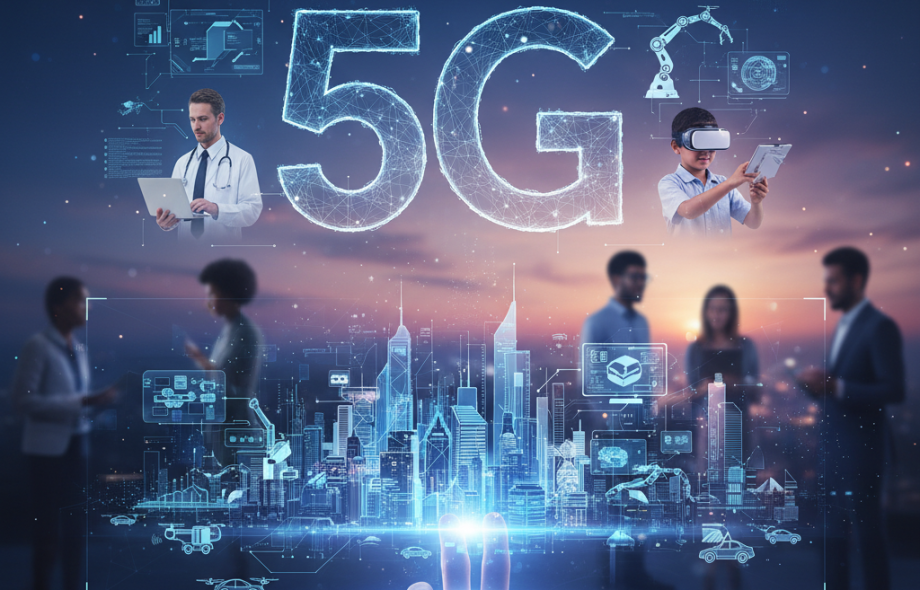In today’s fast-paced world, technology continues to advance at an unprecedented rate, with one of the most talked-about trends being the roll-out of 5G networks. 5G, which stands for fifth-generation wireless technology, promises to revolutionize the way we connect and communicate, offering faster speeds, lower latency, and the ability to support a plethora of new applications that were previously only a distant dream.
One of the key benefits of 5G technology is its incredible speed. With download speeds potentially reaching up to 100 times faster than 4G, users can expect seamless streaming of high-definition content, instantaneous downloads, and lag-free online gaming experiences. This enhanced speed opens up a world of possibilities for consumers and businesses alike, paving the way for real-time virtual reality experiences, augmented reality applications, and the widespread adoption of Internet of Things (IoT) devices.
Moreover, the low latency of 5G networks is set to transform industries such as healthcare, transportation, and manufacturing. With latency reduced to mere milliseconds, tasks that require instant communication and feedback, such as remote surgery, autonomous vehicles, and industrial automation, can now be performed with a level of reliability and precision that was previously unattainable. This has the potential to not only improve efficiency and productivity but also save lives in critical situations.
The increased capacity of 5G networks is another game-changer in the world of technology. As more and more devices become connected, from smart appliances in our homes to sensors in our cities, the ability of 5G networks to support a massive number of connections simultaneously without sacrificing speed or performance is crucial. This scalability opens up opportunities for smart cities, where everything from traffic management to waste disposal can be optimized through real-time data collection and analysis.
Despite the promising potential of 5G technology, there are also challenges that need to be addressed. The deployment of 5G networks requires significant infrastructure upgrades, including the installation of thousands of small cell towers to ensure widespread coverage. There are also concerns about security and privacy, as the increased connectivity of 5G networks opens them up to potential cyber threats and breaches.
In conclusion, 5G technology holds immense promise for transforming the way we live, work, and play. By offering faster speeds, lower latency, and increased capacity, 5G networks have the potential to revolutionize industries, unleash new innovations, and improve the overall quality of life. While there are challenges to overcome, the opportunities presented by 5G are too significant to ignore. As we look ahead to a future powered by fifth-generation wireless technology, the possibilities are truly endless.
 :
https://www.pinterest.com/xceltec0192/
:
https://www.pinterest.com/xceltec0192/












